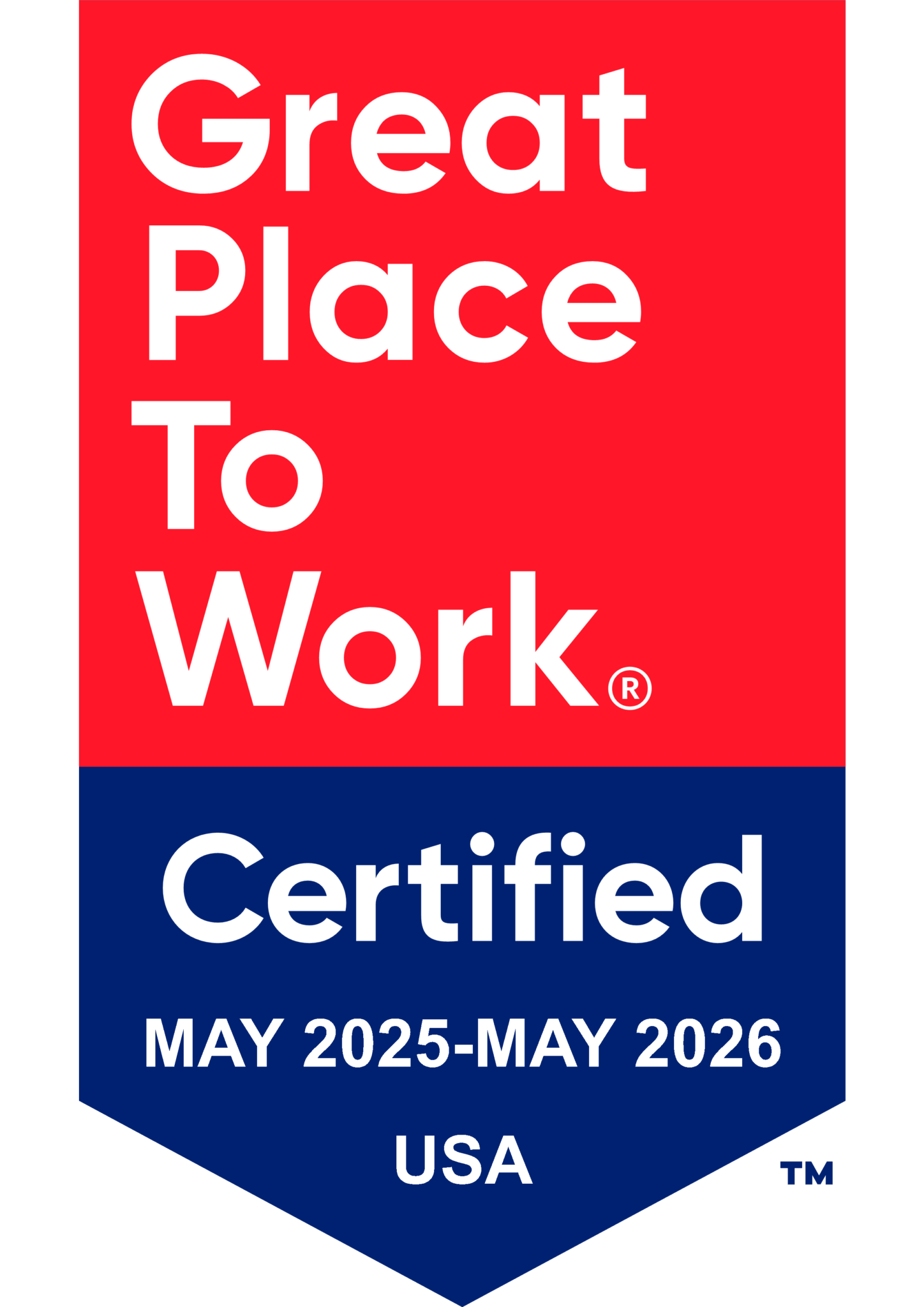Every year, thousands of international and foreign medical graduates compete alongside U.S. graduates for a coveted U.S. residency spot. Why are so many applicants attracted to the U.S. health system? The benefits, opportunities, and status awarded by a position as a U.S. resident or doctor is unmatched across the world. Physicians in the U.S. have a better chance at making a higher salary and being part of leading medical advances than anywhere else. As a result, thousands of medical graduates compete for contested residency spots.
However, since the U.S. health system is vastly different than any other in the world, Foreign Medical Graduates (FMGs) and International Medical Graduates (IMGs) are at a disadvantage, as they need to re-learn and become accustomed to an entirely new way of thinking about medicine. In order to obtain a medical residency in the U.S., these graduates face extra steps in their path to becoming a licensed physician.
How can I get started on my path to U.S. residency?
While the journey is long and often times tough, many foreign and international medical graduates are able to obtain residency in the U.S.
First, any non-U.S. citizens must apply for and be granted a visa in order to travel to and be eligible for employment and education in the U.S. It is necessary to have an H-1B visa and an exchange visitor J-1 visa while applying for programs. This first step can take months or even years, so it is best to begin this process as soon as possible.
Second, students should register with the National Resident Matching Program (NRMP) and select a specialty they wish to pursue.
Third, anyone applying for medical residency in the U.S. must take the U.S. Medical Licensing Examinations.
Fourth, research residencies and start getting ideas of how to rank programs.
Fifth, register and complete your ERAS application as soon as possible. When programs are finished going through the applicant pool, they may choose to interview you in order to get a better idea of how you would fit into their program. Use this opportunity to gauge which programs you like the most.
Sixth, submit your rank order list of residency programs, get an interview, and MATCH!
Things to consider before beginning your journey to medical residency in the U.S.:
Geography
Where do you want to study? Are you open to different types of cities, states, or locations? What kind of area can you afford to move to or raise your family?
Finances
Consider the travel expenses as well as the living cost of where you plan to work in the U.S. Additionally, make sure to budget for any support services
Institution Type
Are you more focused on large research hospitals or small community hospitals? Reflect on your current medical experience and the environments in which you thrive the most.
Work-Life Balance
Pursuing residency and the physician pathway that follows is a large time commitment, so ensure that you have mechanisms in place to continue to balance your family and social life with your residency.
Whichever path you choose to pursue, Residents Medical has your back. If you want to lighten your load or get a leg up, utilize our placement opportunities and other services.
Are You Next?™
Source
https://www.aafp.org/medical-school-residency/residency/match.html



